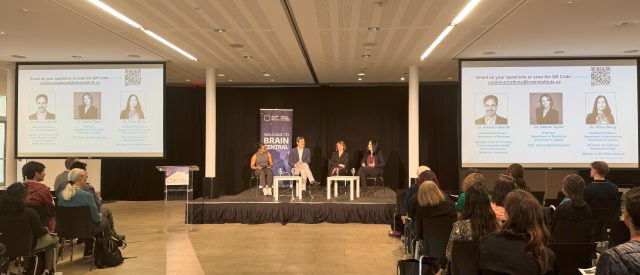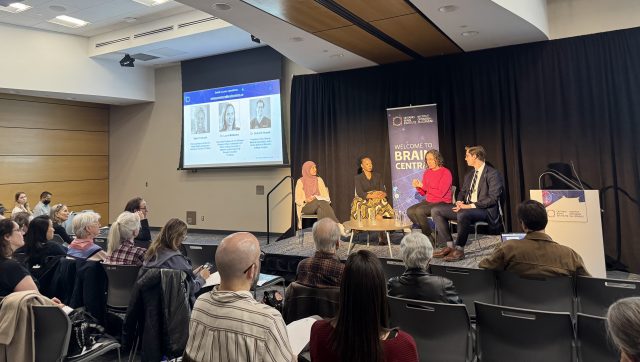We know that exercise is good for your heart, your waistline, and your muscles. But did you also know that exercise is really good for your brain?
Exercise has been shown to increase levels of proteins in the brain called “neurotrophins” (for example, BDNF, or brain-derived neurotrophic factor). Neurotrophins help protect our brain cells (neurons) against damage and death. Neurotrophins have also been associated with helping the brain grow new neurons, a process called “neurogenesis”. Until recently, we thought that the human brain was unable to make new neurons – that we were stuck with the cells we were born with. We now know, however, that we can grow new neurons. There are several triggers – one is exercise. These new cells are known to develop in a very specific area of the brain, which is important for learning and memory.
So, exercise (and its effects on the brain) helps protect our brain cells and helps grow new ones too.
WHAT SCIENTISTS KNOW:
- People who exercise regularly are 30-40% less likely to develop dementia (like Alzheimer’s disease) and 25% less likely of having a stroke.
- Exercise helps increase the size of your brain – especially in areas that are responsible for memory. This effect can reverse up to 2 years of age-associated brain changes.
- The most active older adults were 90% less likely to suffer learning and memory problems than the least active older adults.
WHAT YOU CAN DO:
You can take control of your brain health. Here are some tips on how to maximize the benefits of exercise on your brain:
- Exercise for 45 minutes, at least 3 times per week.
- Target an intensity of fast walking – it should be challenging but not exhausting.
- The type of exercise does not matter (cleaning and walking around the house count!) so long as you are active and enjoying it.
Celebrate Brain Awareness Week by taking control of your brain health. Get active and stay active!
With thanks, great ideas contributed by:
- Dr. Art Kramer, University of Illinois at Urbana-Champaign and Beckman Institute for Advanced Science and Technology
- Dr. Laura Middleton, University of Waterloo


